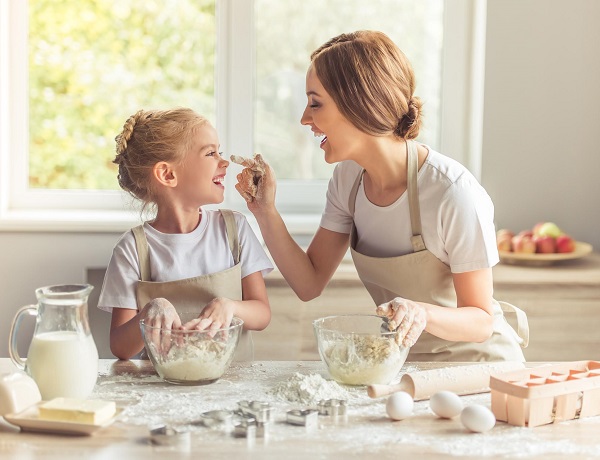A study in Swansea University has shown that the more baby books new parents read, the more likely they are to become stressed and anxious.
Being a parent is tough enough without trying to follow strict sets of rules and developmental guidelines for your children. And since this is largely what is provided in baby books, why do we treat them like there our only source of information? We know that all children, like people, are different and babies all develop at a different pace. This makes it impossible sometimes to correlate what you read in a baby book, to the child standing in front of you. This, among other things, can lead to feelings of failure, incompetence, and stress relating to parenting. Which is supposed to be a rewarding experience! Not an exam!
The study
The study measured the experiences of 354 mothers with a baby between zero and 12 months. It reported whether or not these women had read the parenting books, how the books made them feel and measured their feelings of well-being.
The research was carried out by MSc Child Public Health student Victoria Harries and supervised by Dr Amy Brown, Associate Professor and maternal and infant health researcher.
Ms Harries said: ‘What was interesting about our research was that mothers’ experiences of using the books really seemed to matter’. ‘If mothers found the books useful, they were not at increased risk of depression or low confidence. However, if mothers felt worse after reading the books, they were at greater risk. Unfortunately, far more mothers found the books had a negative impact than a positive one.’
Read here for the best of Ryan Reynolds’ Twitter moments!
The results
- 22 per cent of mothers reported feeling calmer after reading the books
- 53 per cent felt more anxious
Dr Brown added ‘We must look at better ways to support new parents. We were not designed to look after babies alone but many mothers are now isolated and lonely in caring for their babies as they live so far away from family and we do not have the same community networks as we used to.’ Which could be why so many parents rely on the guidebooks to get advice and reassurance.
Busting those parenting taboos – why we should admit when it’s difficult.
The research entitled ‘The association between use of infant parenting books that promote strict routines, and maternal depression, self-efficacy, and parenting confidence’ is out now, published by Early Child Development and Care. You can read the full study here!
maternity&infant
Originally posted 2017-10-25 16:24:27.









